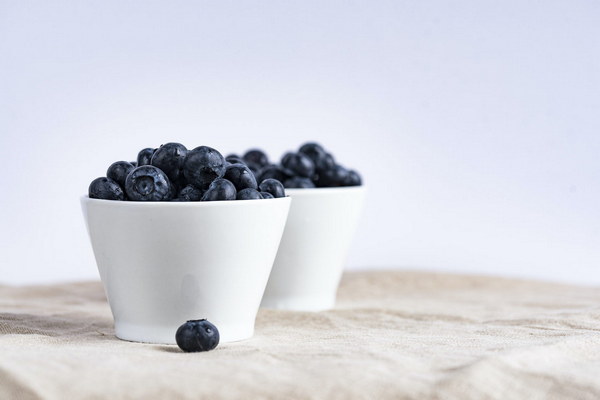Unveiling the Night Sweats A Nutritional Guide to Nighttime Perspiration
Introduction:
Night sweats, a common occurrence during sleep, can be both uncomfortable and confusing. While it's often attributed to menopause, stress, or underlying health issues, nighttime perspiration can also be a sign of nutritional deficiencies. This article delves into the connection between night sweats and nutrition, offering a comprehensive guide to addressing this common nighttime discomfort.
Understanding Night Sweats:
Night sweats refer to excessive sweating during sleep, often waking individuals from their slumber. This condition can be caused by a variety of factors, including hormonal changes, stress, infections, and certain medications. However, it's also essential to consider the role of nutrition in managing night sweats.
Nutritional Deficiencies and Night Sweats:
1. Iron Deficiency: Iron plays a crucial role in the production of hemoglobin, which carries oxygen throughout the body. A deficiency in iron can lead to anemia, resulting in night sweats. Incorporating iron-rich foods like red meat, poultry, fish, beans, and leafy greens into your diet can help alleviate this issue.
2. Zinc Deficiency: Zinc is a vital mineral that supports the immune system, wound healing, and thyroid function. A zinc deficiency can lead to night sweats and other symptoms like hair loss and skin rashes. Foods high in zinc include nuts, seeds, legumes, and whole grains.
3. Selenium Deficiency: Selenium is an essential mineral that supports the immune system and thyroid function. A deficiency can lead to night sweats, hair loss, and fatigue. Selenium can be found in Brazil nuts, seafood, and whole grains.
4. Vitamin B12 Deficiency: Vitamin B12 is crucial for maintaining healthy red blood cells and nerve function. A deficiency can lead to night sweats, fatigue, and weakness. Foods rich in vitamin B12 include meat, fish, eggs, dairy products, and fortified cereals.
5. Magnesium Deficiency: Magnesium is a vital mineral that supports muscle and nerve function, energy production, and sleep regulation. A deficiency can lead to night sweats, muscle cramps, and insomnia. Incorporating magnesium-rich foods like dark chocolate, almonds, avocados, and leafy greens into your diet can help alleviate this issue.
6. Iodine Deficiency: Iodine is essential for thyroid function, which plays a role in regulating metabolism and body temperature. A deficiency can lead to night sweats, fatigue, and weight gain. Foods high in iodine include seafood, seaweed, dairy products, and iodized salt.
Nutritional Strategies for Night Sweats:
1. Eat a Balanced Diet: Ensure that your diet includes a variety of nutrient-rich foods to support overall health and reduce the risk of deficiencies. Incorporate fruits, vegetables, whole grains, lean proteins, and healthy fats into your meals.

2. Consult a Healthcare Professional: If you're experiencing persistent night sweats, it's essential to consult a healthcare professional to rule out any underlying health conditions. They can provide personalized recommendations based on your specific nutritional needs.
3. Consider Supplements: In some cases, supplements may be necessary to address nutritional deficiencies. However, it's crucial to consult a healthcare professional before starting any new supplement regimen.
4. Stay Hydrated: Adequate hydration is essential for maintaining optimal health and reducing the risk of night sweats. Aim to drink at least eight glasses of water per day.
5. Practice Good Sleep Hygiene: Establishing a regular sleep schedule, creating a comfortable sleep environment, and avoiding caffeine and alcohol before bedtime can help reduce night sweats.
Conclusion:
Night sweats can be a frustrating and uncomfortable experience. However, addressing nutritional deficiencies can play a significant role in managing this common condition. By incorporating nutrient-rich foods into your diet, staying hydrated, and consulting a healthcare professional when necessary, you can take steps to alleviate night sweats and improve your overall well-being.









